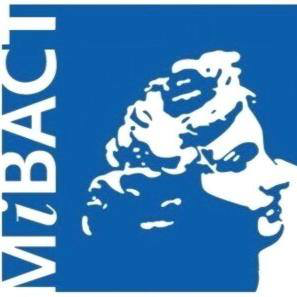Summary (English)
The 2016 campaign at the “Terramare” site of Santa Rosa di Poviglio continued the exploration of the ditch separating the two settlements (Large Village and Small Village) and the passageway linking them. A substantial amount of new data was recovered regarding the settlement dynamic and its relationship with the environment’s evolution. The ditch was seen to have already existed during the first phases of the Small Village (BM2) and, at the end of this period was affected by large scale flooding which deposited a thick sandy layer within it. A channel was excavated into this sand, but was soon obliterated by successive floods. The first series of posts for the construction of the walkway was erected on this material, probably at the end of the middle Bronze Age (BM3), when the Large Village was founded.
The walkway structure was reinforced during the Recent Bronze Age (BR2) by amassing the terrain from the demolition and removal of the stratigraphy from the Small Village. At the edge of this accumulation more wooden posts were erected, at least four parallel rows of large posts, over an area more than five metres wide and about 20 m long, which abut a structure, perhaps formed by gabions, parallel to the edge of the village. Pottery of a previously unknown type was found in the abandonment layers of this structure, which probably dates to the very late Recent Bronze Age, indicating the possibility that in the area under investigation the stratigraphy from the latest phase is preserved, where elsewhere it had been eroded away. This opens new avenues for the study of the crisis that determined the end of the “Terramare” civilisation.
- Mauro Cremaschi - Università degli Studi di Milano, cattedra di Pedologia
Director
Team
- Baratti Giorgio - Università degli Studi di Milano
- Brandolini Filippo - Università degli Studi di Milano
- Donati Nicolò - Università degli Studi di Milano
- Lachenal Thibault - Centre National de la Recherche Scientifique (CNRS)
- Mutti Angela - Museo Archeologico di Poviglio
- Fronza Giulia - Università degli Studi di Milano
- Zerboni Andrea - Università degli Studi di Milano
- Borgi Federico - Université Paris-Sorbonne
Research Body
- Università degli Studi Milano
Funding Body
- Università degli Studi Milano
Images
- No files have been added yet




